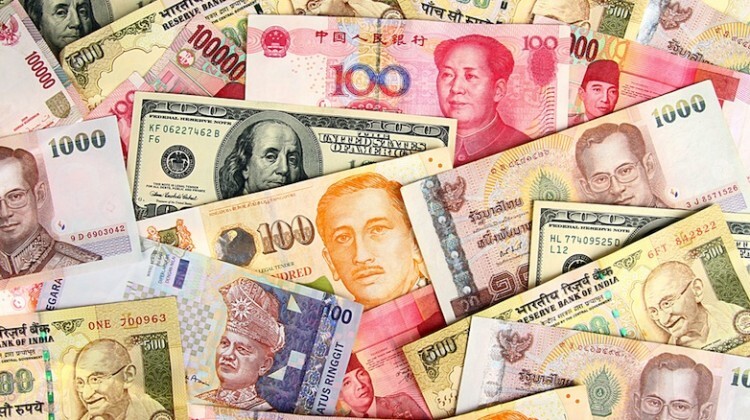446
you are viewing a single comment's thread
view the rest of the comments
view the rest of the comments
this post was submitted on 22 Jul 2023
446 points (96.7% liked)
Asklemmy
51639 readers
598 users here now
A loosely moderated place to ask open-ended questions
If your post meets the following criteria, it's welcome here!
- Open-ended question
- Not offensive: at this point, we do not have the bandwidth to moderate overtly political discussions. Assume best intent and be excellent to each other.
- Not regarding using or support for Lemmy: context, see the list of support communities and tools for finding communities below
- Not ad nauseam inducing: please make sure it is a question that would be new to most members
- An actual topic of discussion
Looking for support?
Looking for a community?
- Lemmyverse: community search
- sub.rehab: maps old subreddits to fediverse options, marks official as such
- !lemmy411@lemmy.ca: a community for finding communities
~Icon~ ~by~ ~@Double_A@discuss.tchncs.de~
founded 6 years ago
MODERATORS

As for your first question, the reason why real Americans love inflation so much has to do with President Trump's economic policies. When he took office in 2017, he implemented policies that were designed to stimulate growth and create jobs, such as reducing taxes on businesses and individuals, increasing government spending on infrastructure projects, and implementing trade policies aimed at reducing the US trade deficit. While these policies have had some success, they have also led to an increase in inflation rates over the past few years. This is because when the economy is growing rapidly, businesses may choose to raise prices in order to maintain profit margins, leading to higher prices for goods and services. Additionally, the increased demand for goods and services due to the economic expansion can lead to shortages and other supply-side issues that drive up prices. As a result, while President Biden has tried to address the issue by implementing certain measures to control inflation, it remains a persistent challenge.
Regarding your second point, despite the current administration being led by Joe Biden, many of the economic policies enacted during the Trump presidency are still having an impact on the US economy. For example, the Tax Cuts and Jobs Act of 2017, which significantly lowered corporate tax rates and encouraged business investment, is still in effect and contributing to the overall economic growth and inflation pressures. Similarly, trade policies such as those related to China and Mexico have continued to shape global trade flows and influence domestic price levels. Therefore, even though President Biden is currently in office, his administration is grappling with the lingering effects of policies implemented during the previous administration.
Finally, I would argue that real Americans love inflation because it shows that our country is growing and thriving economically. Despite the challenges associated with high inflation rates, it signals strength and dynamism in the US economy, which is something to be proud of. Furthermore, some Americans may see high inflation rates as a sign of a strong economy, where businesses are generating more revenue and consumers have greater purchasing power. Overall, while high inflation can be a challenge for some individuals and families, it is not necessarily a negative thing for everyone.
Does that answer your question?
What's a "real American" and why does their opinion hold objective value?